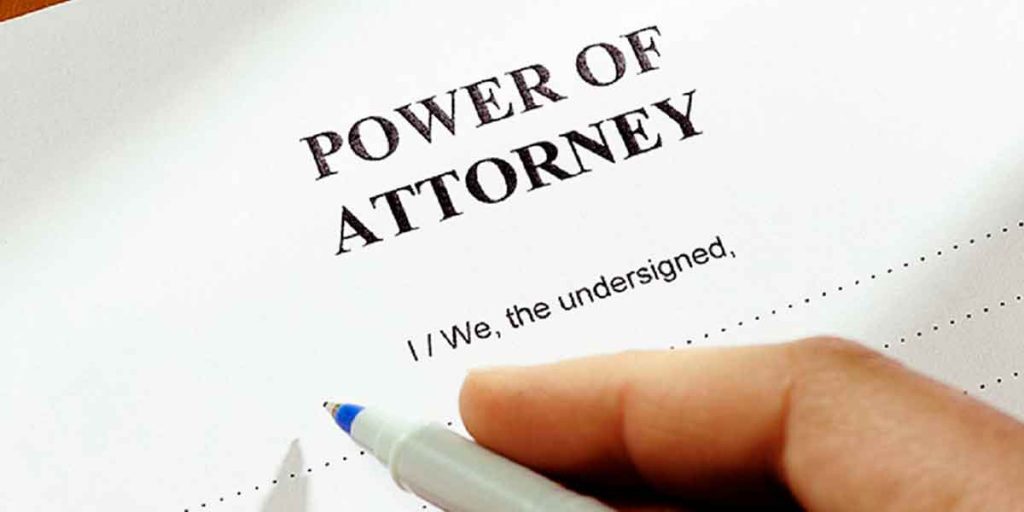If you are an elderly citizen, then chances are that you have interacted with powers of attorney and wills in your estate planning. Savvy thoughtful families secure their estates via the use of powers of attorney and wills, but little known is how the will and powers of attorney work together. What does a power of attorney do in a will? How is the will different from power of attorney? Reach out to us for help.
Basics information about Wills and Powers of Attorney
An appropriate set of documentations providing the wishes of a person during the period of incapacitation and their demise are important in enabling their demands are carried out precisely as they wished and there’s no uncertainty of letting the probate court handle the issues.
The power of attorney
Generally, provisions for whatever comes about concerning a person’s matters when alive or when they die are vital and should be contained within an estate plan. The power of attorney is basically used to control a person’s matters while they are still living and turns operative immediately it’s created or can be established to become operational only after a person has become incapable of attending to their matters and are unable to decide for themselves. The power of attorney, after the death of the principal, ceases to be operational. This is where the necessity for a will comes into play.
Largely, the durable power of attorney has become the most widely used power of attorney in New York law. It means that its usefulness starts immediately after signing it and the power lasts even after you have become incapacitated.
Medical and financial power of attorney.
The power of attorney on legal, health, or financial matters is offered. The financial power of attorney relegates to the person you relinquish the power to, the mandate to handle your financial decisions while a health or medical power of attorney entitles the person to whom you give, the lawful power to decide on health issues on your behalf if you are not able to do so.
Your family estate lawyer may also include a rider. This will allow your agent to give support checks or gifts to persons of your choice or to gift themselves.
Revoking a power of attorney
In the protection against fraudulent agents, the power of attorney will permit you to involve a monitor who can ask for records of the accounts from the agent and protect them from theft or even abuse.
If you are discontented by the acts of your representatives in a power of attorney and you can make decisions by yourself, you can opt to revoke the power of attorney. In case you decide to revoke it, notice ought to be issued to both your agent and to any other specified third party.
The last will and statement
A last will and statement are a legal documentation that dictates what happens to a person’s estate and assets upon their demise. A will allows a person to give their estates to beneficiaries and control what estate each beneficiary will have.
Executing a will.
Once set up, the bearer of the will assigns an executor to the will to be in charge of dividing up the assets of the state following their wishes.
Court’s involvement in execution.
In case a person dies without a will, the courts bear the burden of administering the assets of the individual according to state laws.
Frequently, the courts appoint an executor and who does not know the desires of the deceased and ought to act following the court’s customary arbitrary rules. This may have the effect of an estate being divided up in a manner that is inconsistent with the wishes of the deceased or their family.
FAQs:
1. What is the difference between a financial and medical power of attorney?
A financial power of attorney convenes to the person you relinquish the power to, the authority to handle your financial decisions while a health or medical power of attorney designates to the person you give, the lawful authority to decide on health issues on your behalf in case you are not able to do so.
2. What is a rider in a power of attorney?
This is an article that will allow your agent to give support checks or gifts to people according to your decision or to gift themselves.
3. When is a durable power of attorney considered effective?
A durable power of attorney’s usefulness starts immediately after signing it and the power lasts even after you have become incapacitated.
4. What happens if you die without a will?
The courts appoint an executor who will be responsible for administering the assets of the individual according to state laws.









